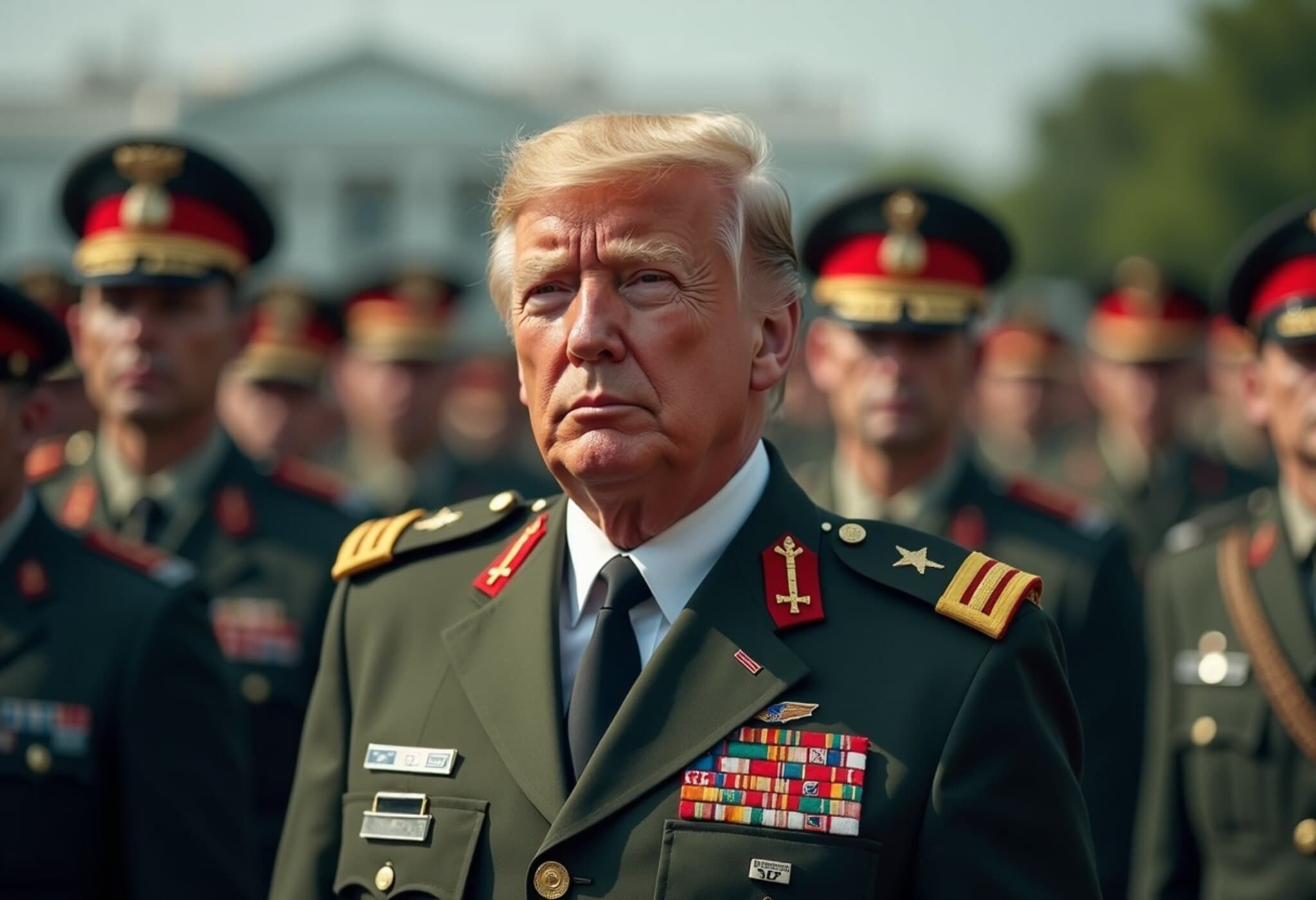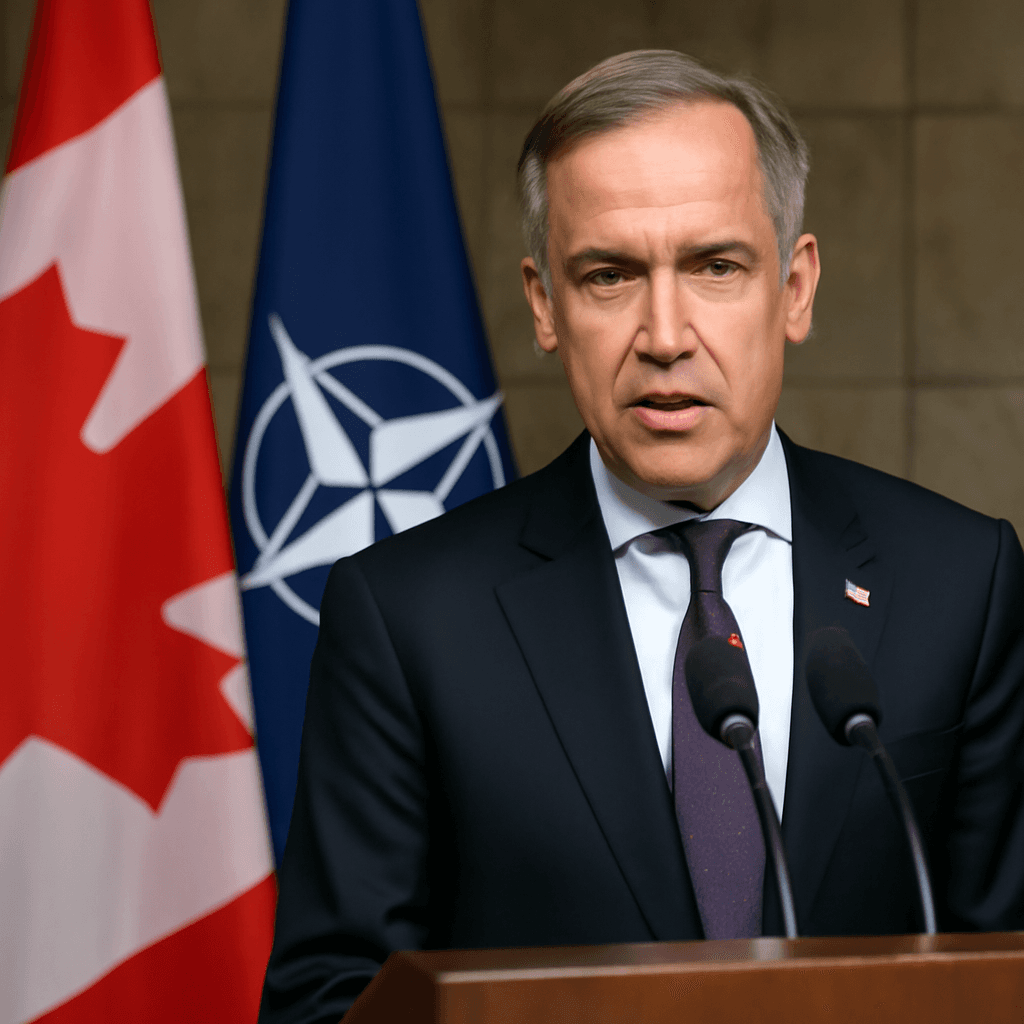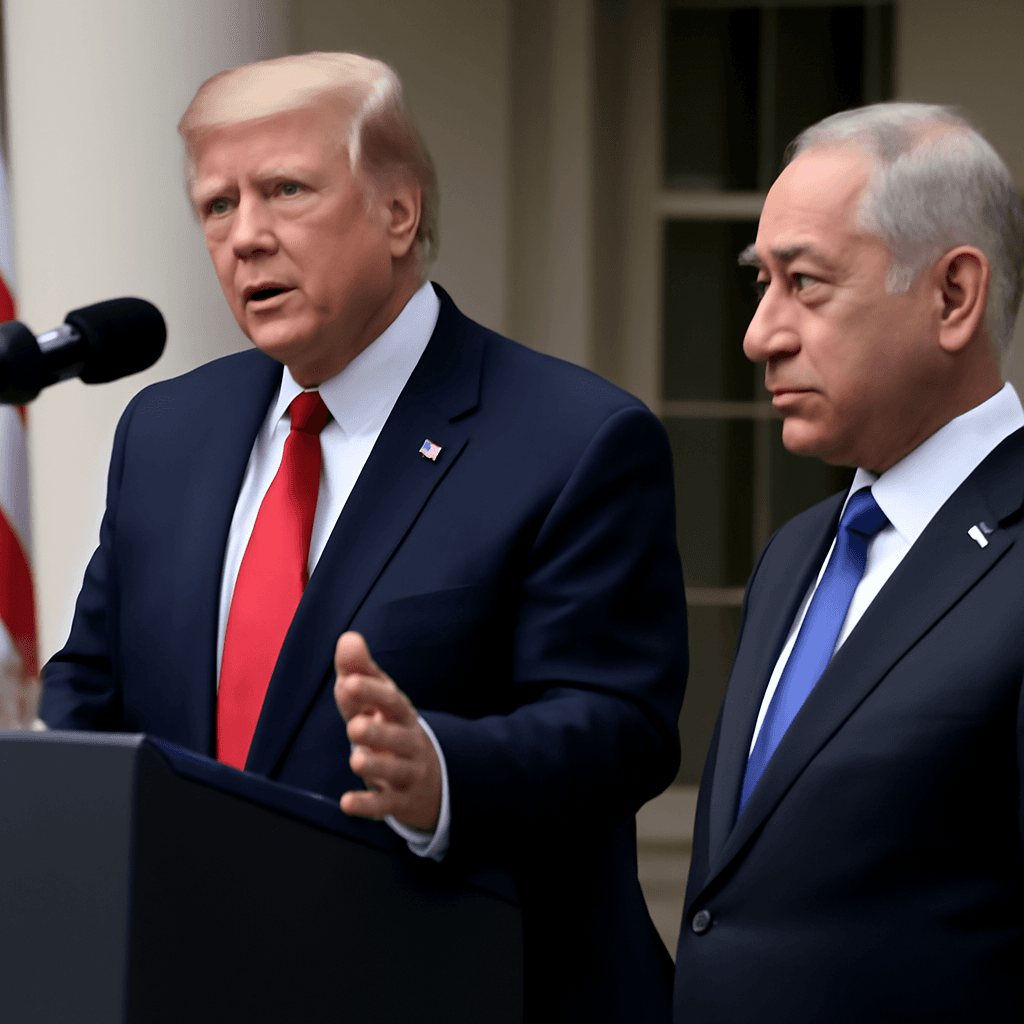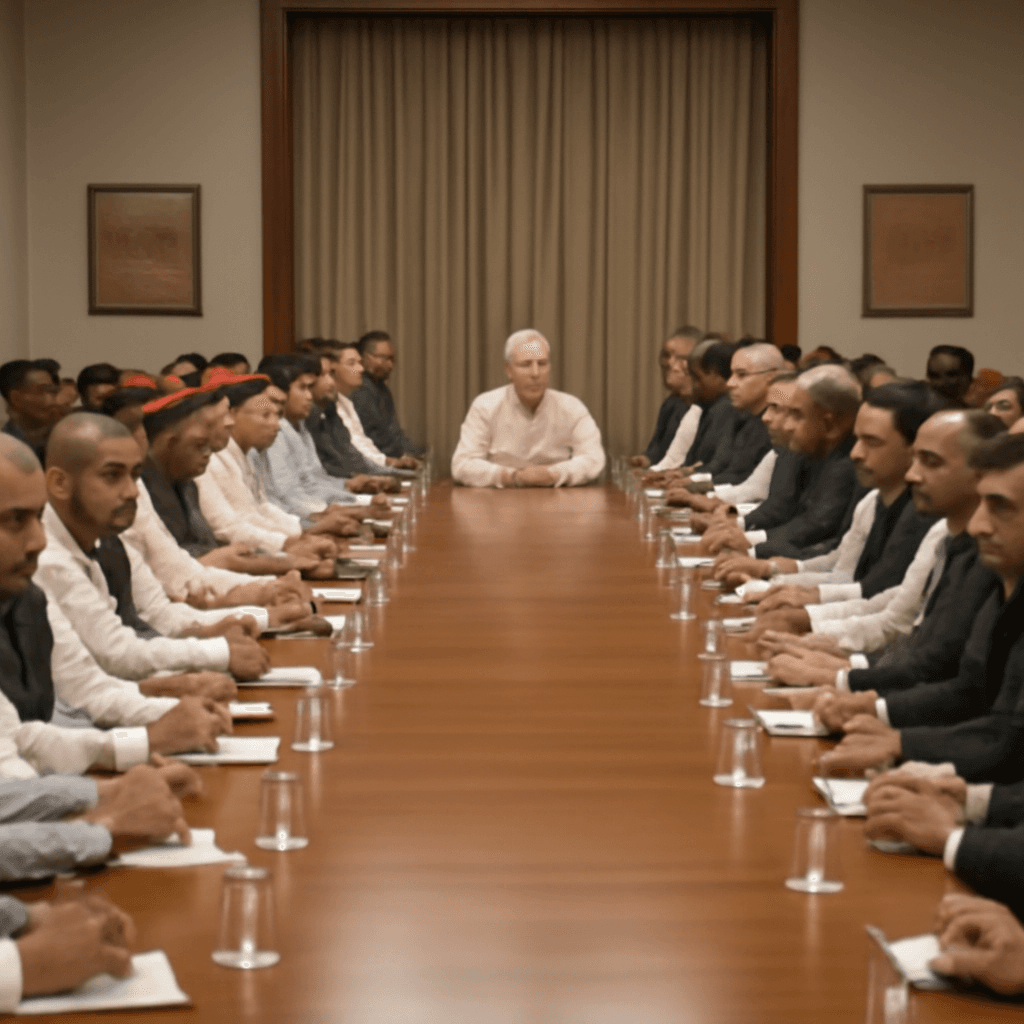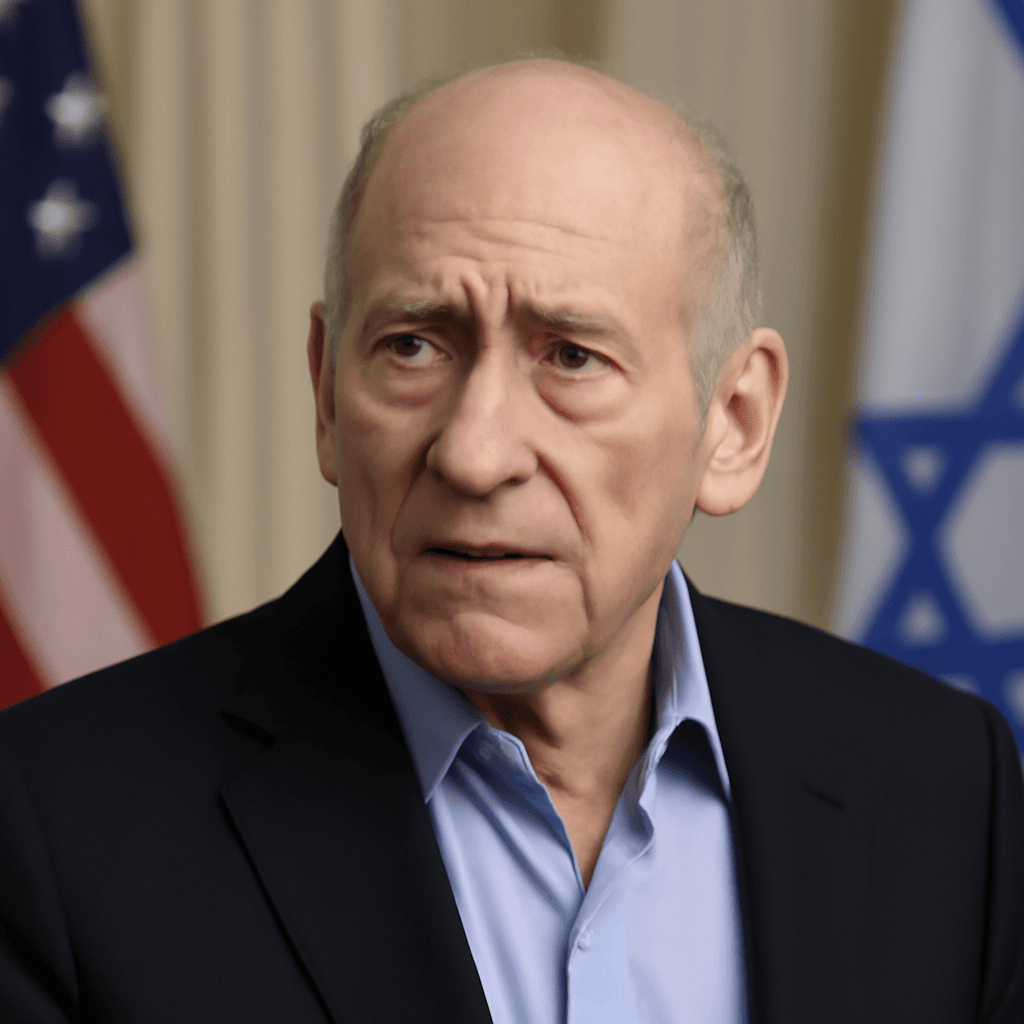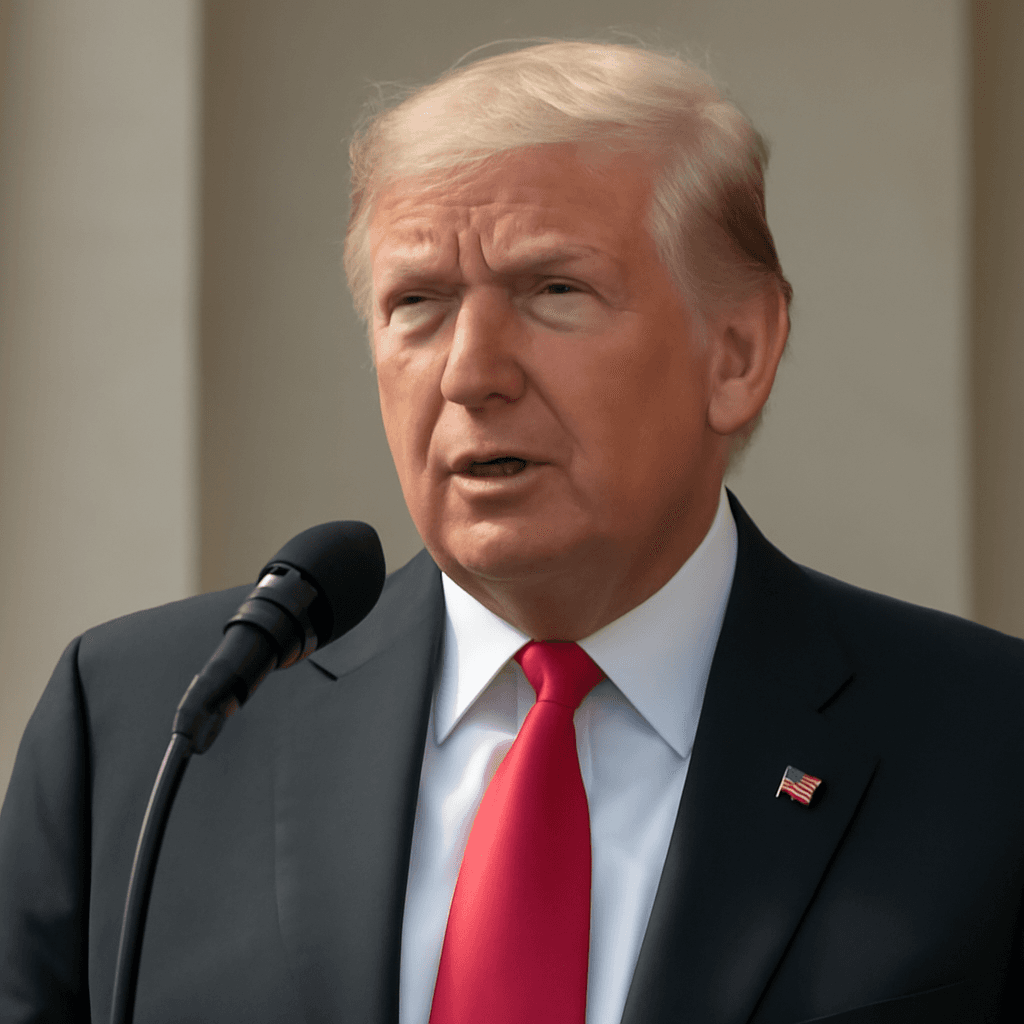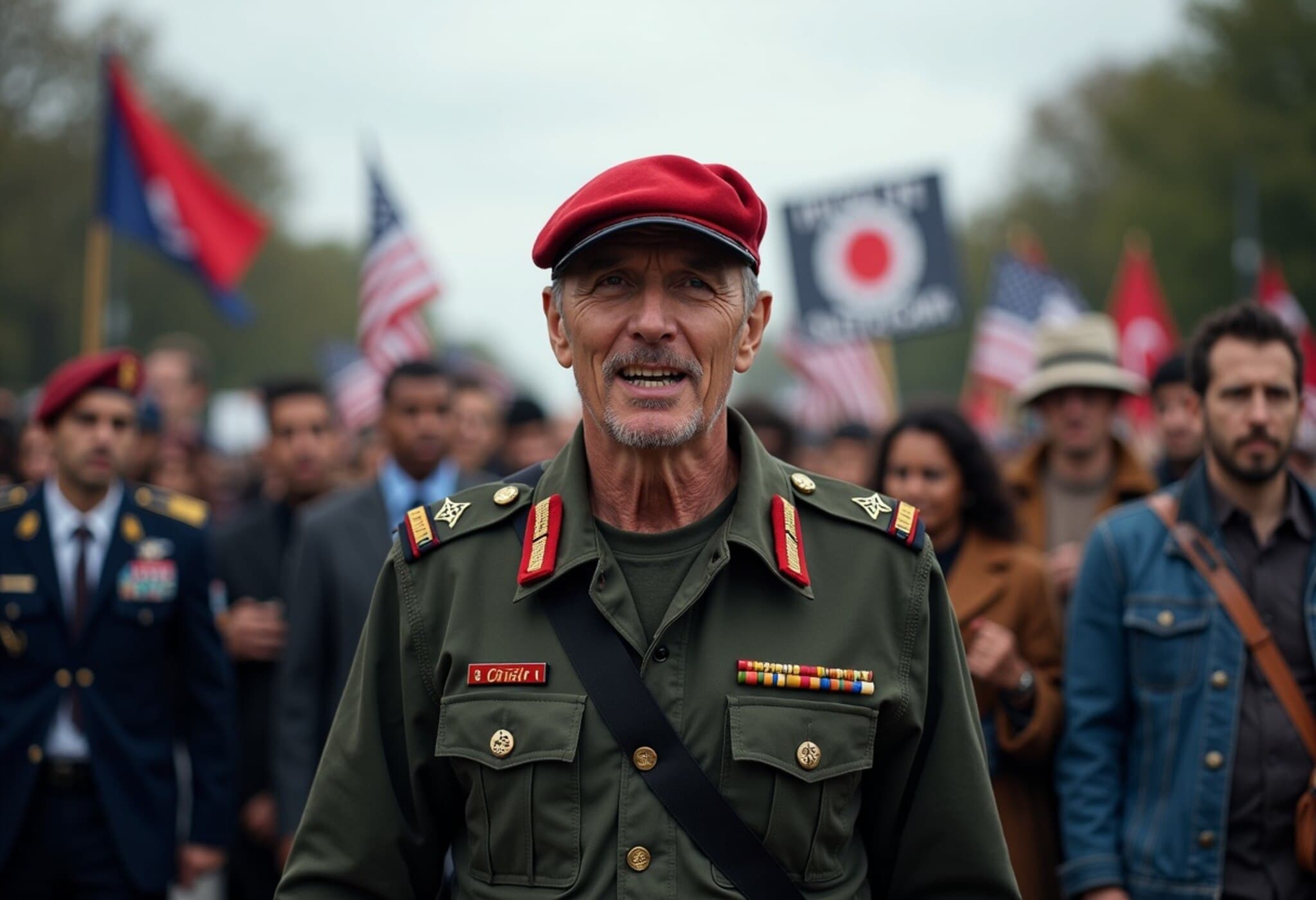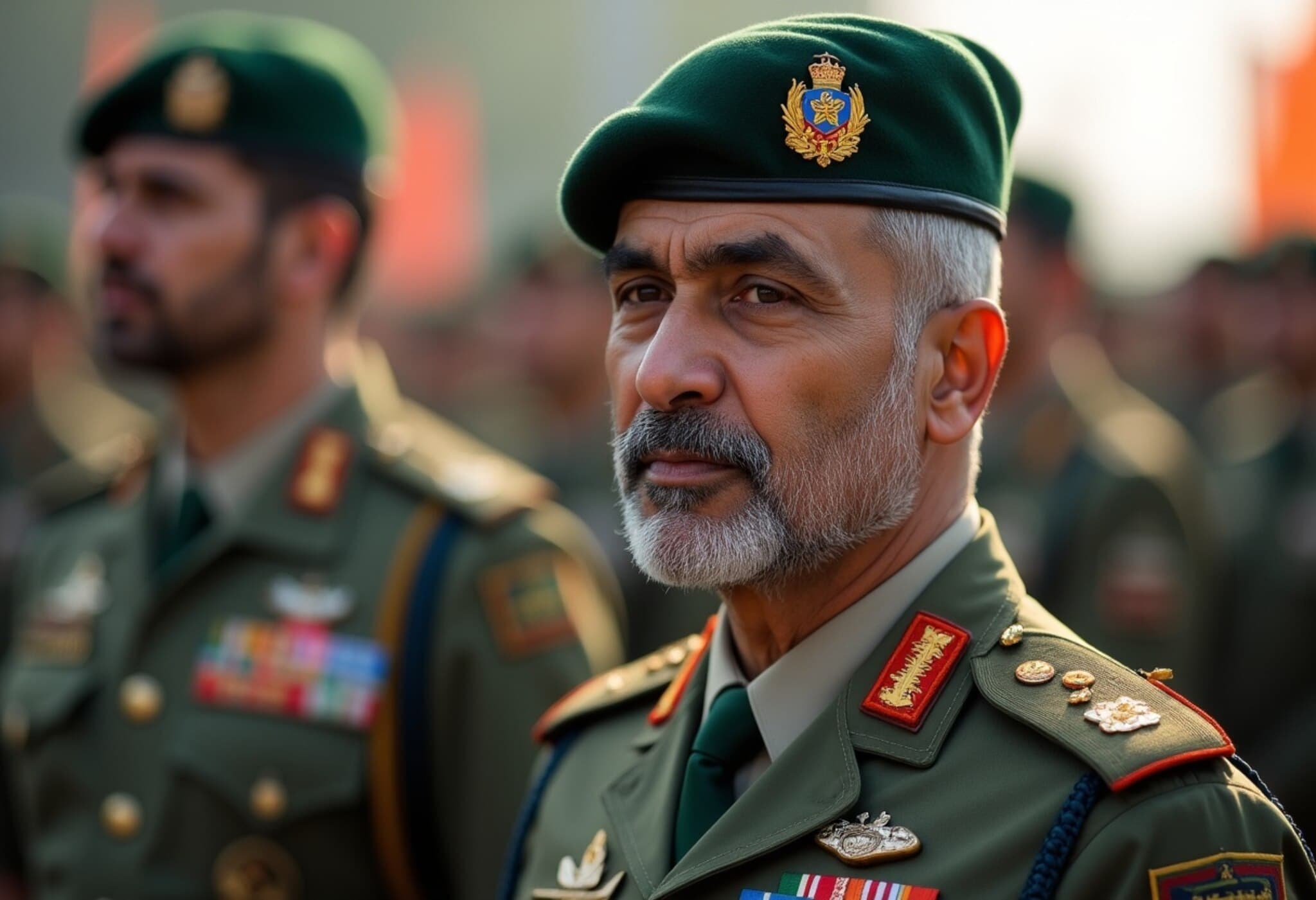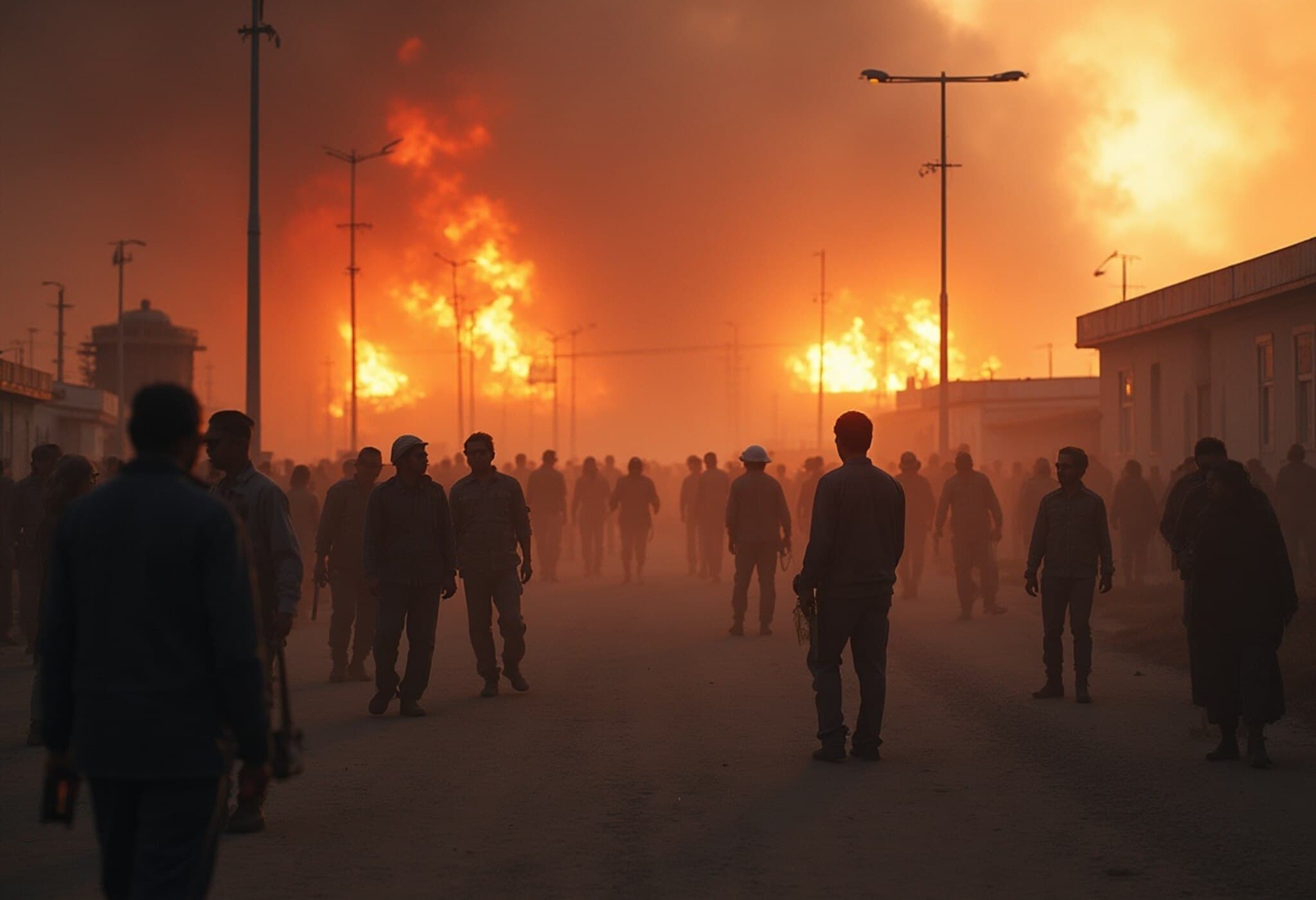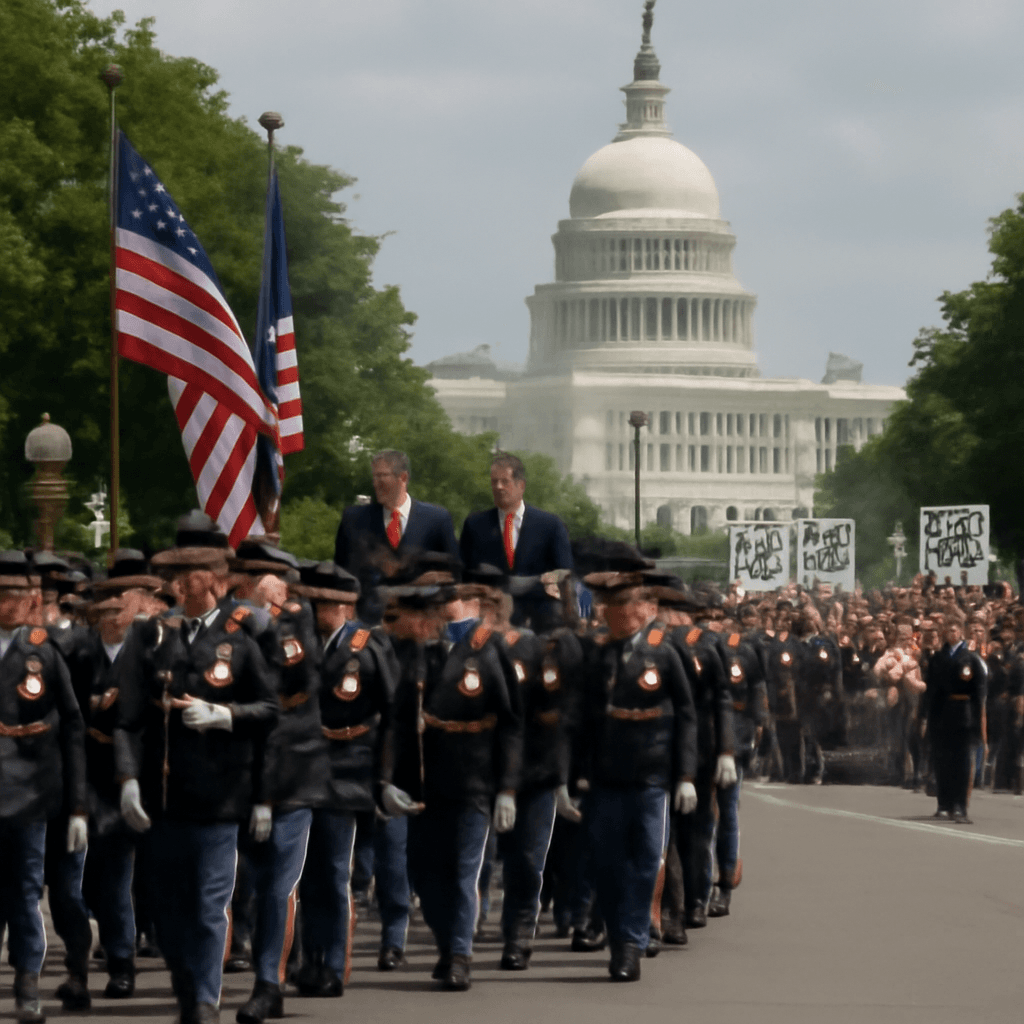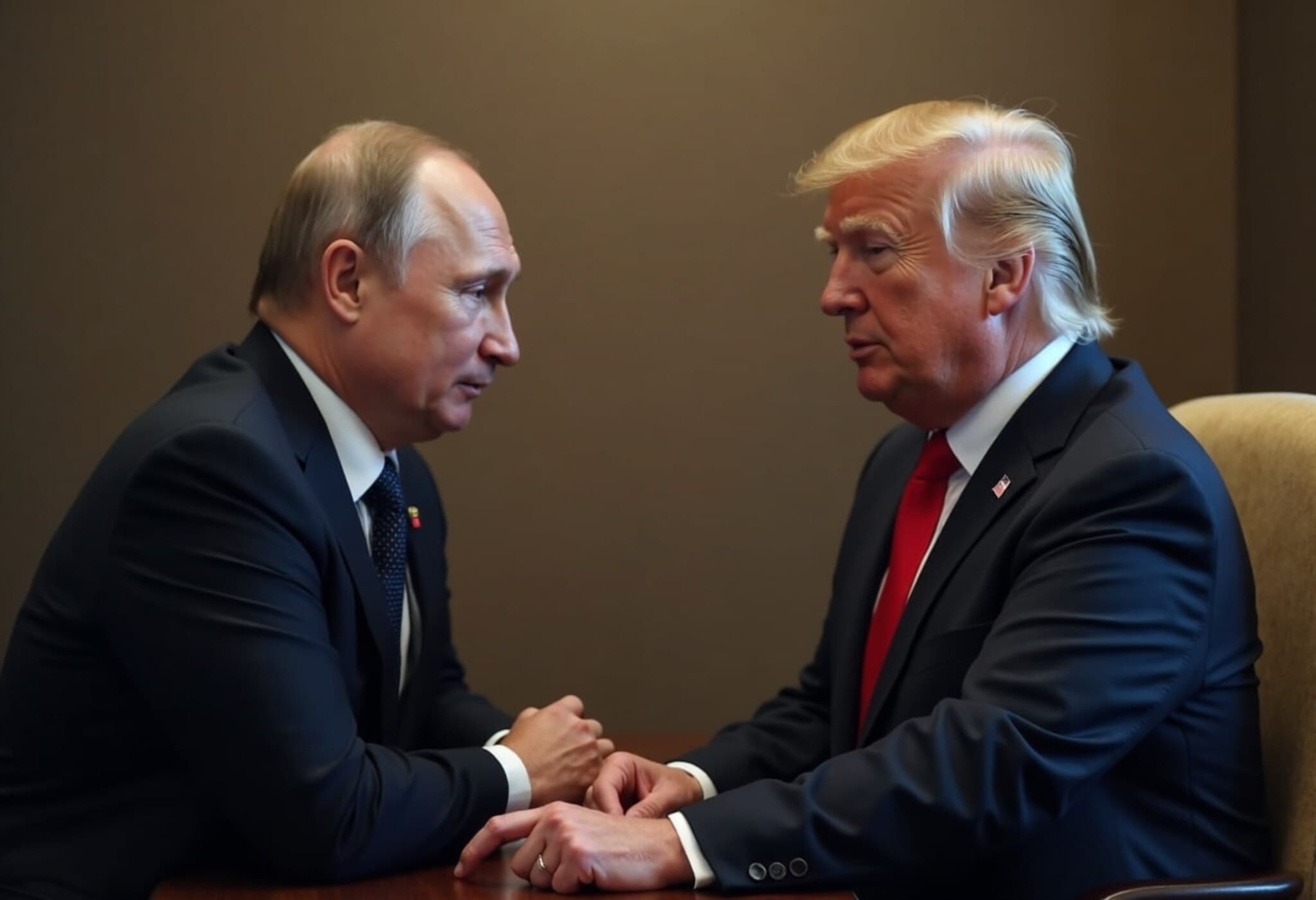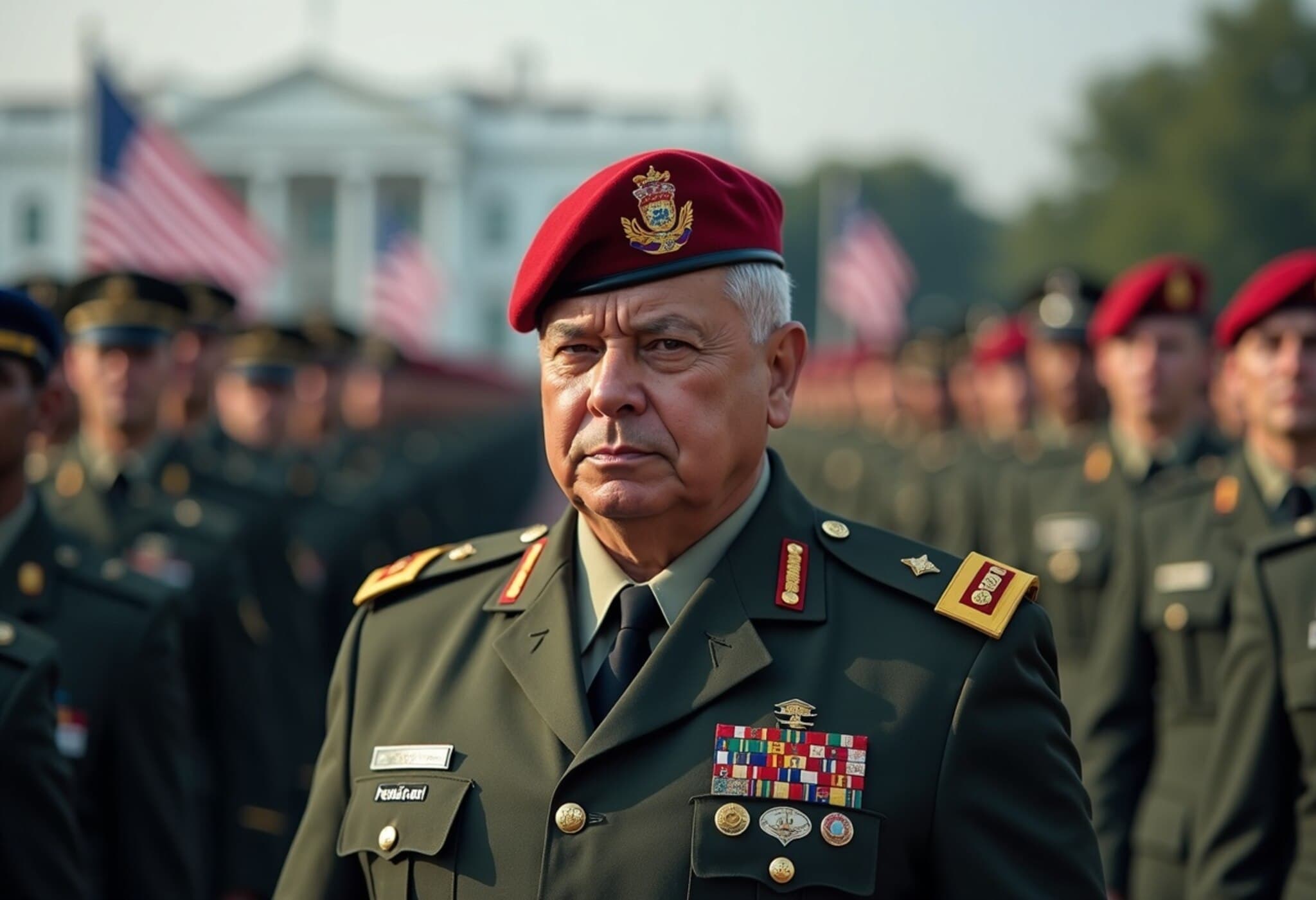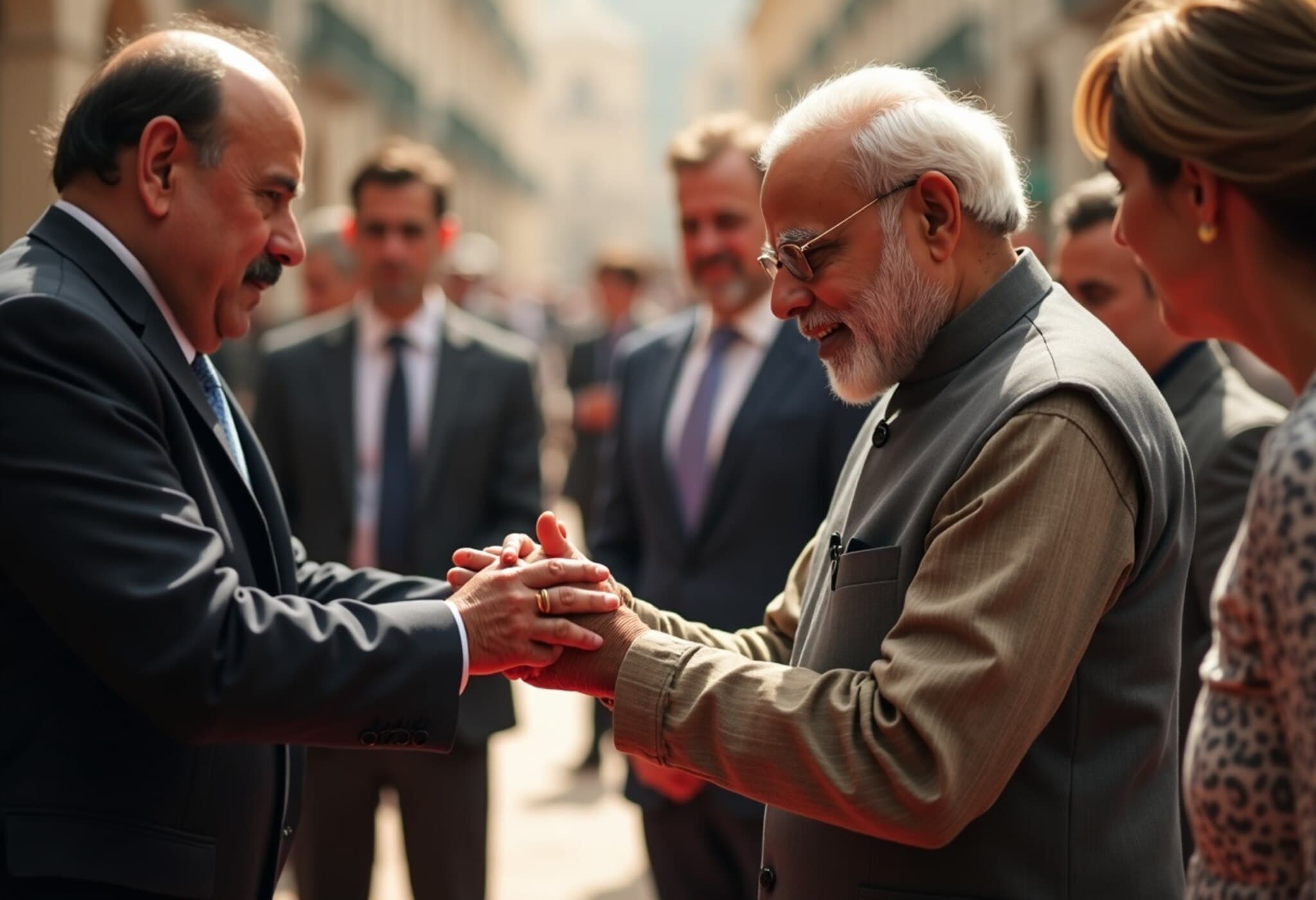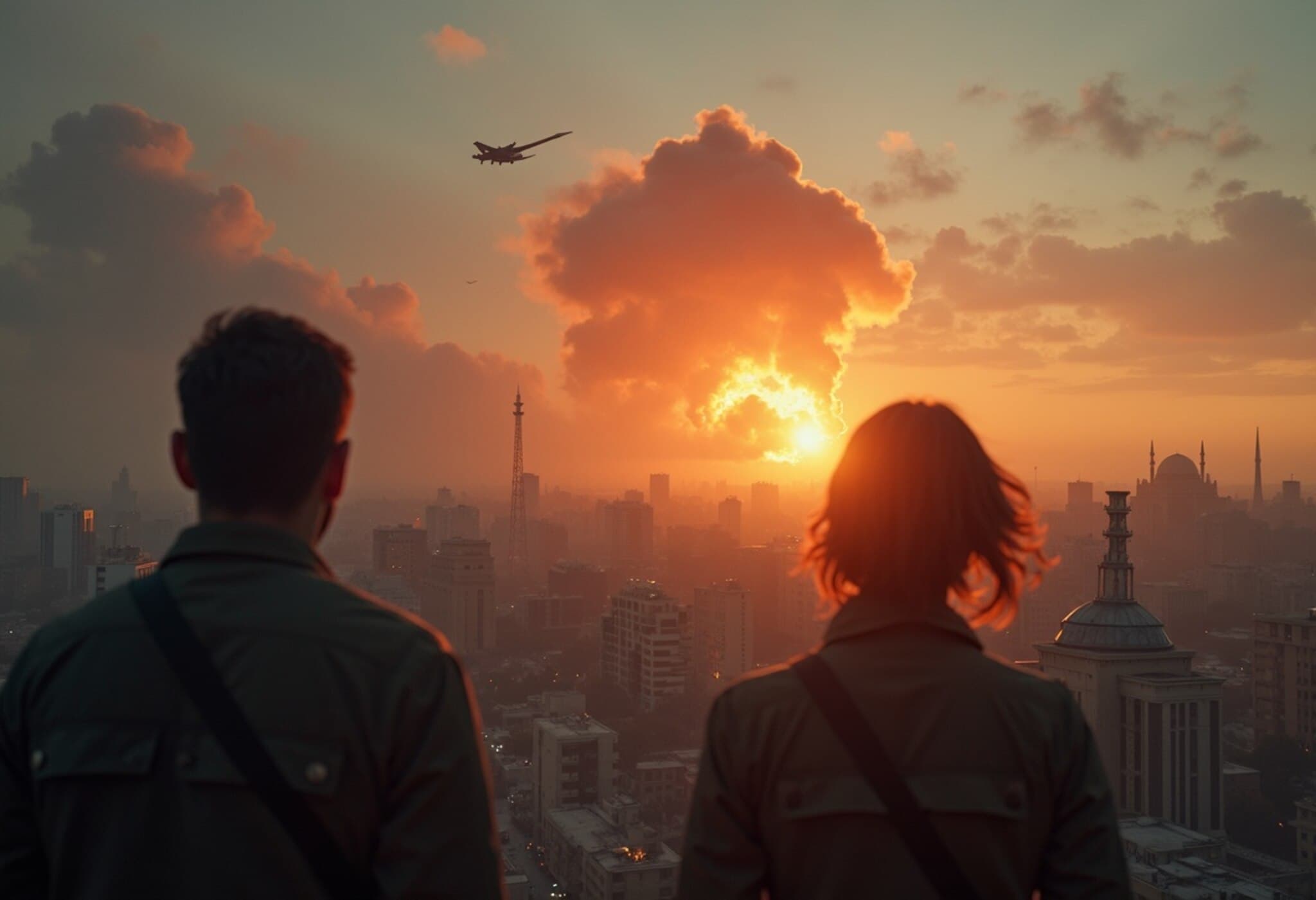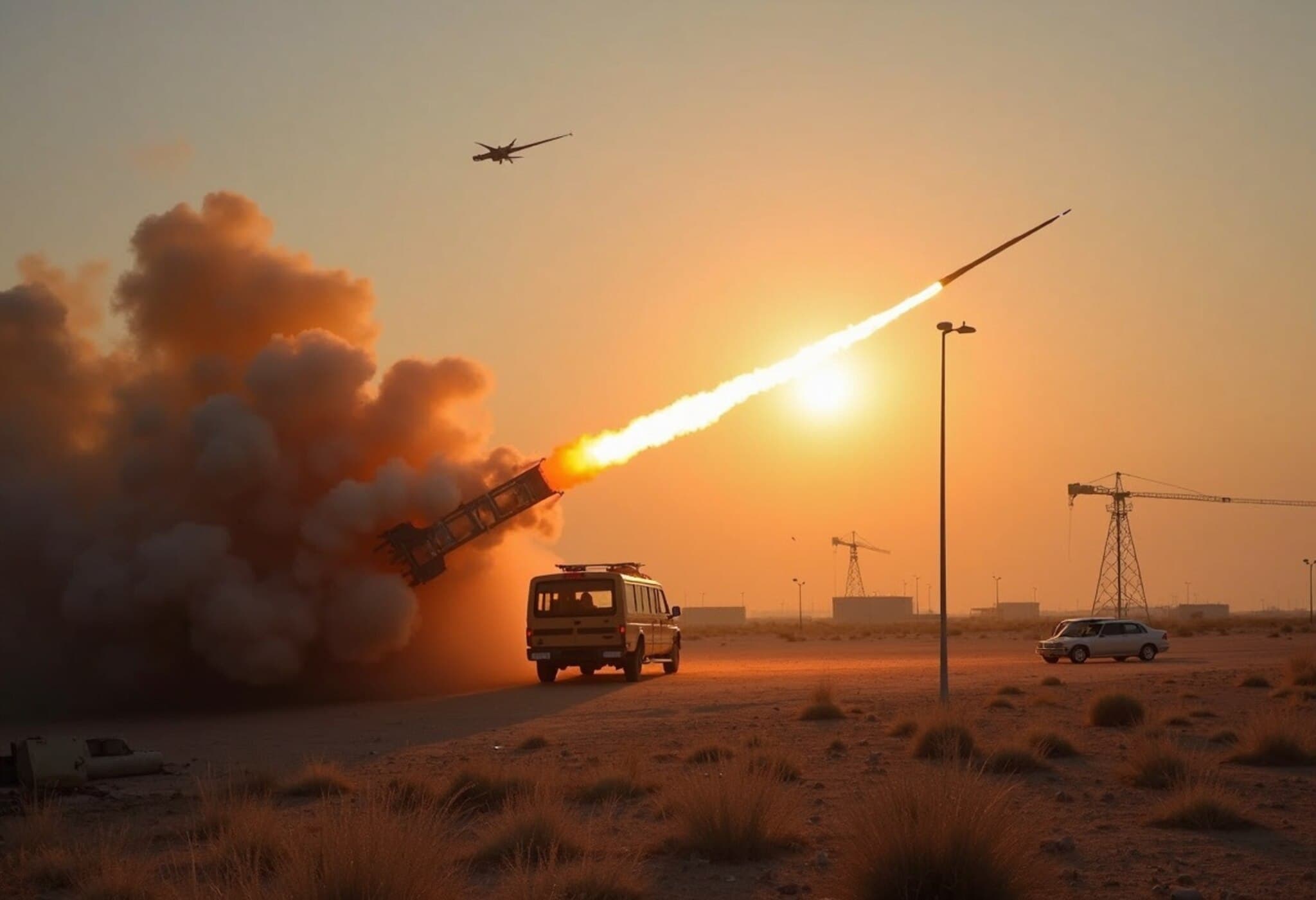White House Clarifies No Invitation Extended to Pakistan Army Chief
On June 15, 2025, the White House officially dismissed claims that Pakistan Army Chief General Asim Munir was invited to attend the military parade in Washington, D.C. This event commemorated the 250th anniversary of the United States Armed Forces.
A senior White House official stated emphatically, “This is false. No foreign military leaders were invited.” The denial came in response to circulating reports suggesting that the invite was extended at a time when these claims sparked significant controversy both in the US and abroad.
Controversy Surrounding the Invitation Reports
The initial reports alleged that under former President Donald Trump's administration, General Munir had received an invitation to the parade held on June 14, 2025. This information quickly raised eyebrows, especially among Indian political circles and the Pakistani-American community.
Critics pointed to General Munir's controversial role amid Pakistan’s internal politics, particularly highlighting his association with actions viewed as suppressing the political party of former Prime Minister Imran Khan. The allegations fueled heated debate over diplomatic propriety and strategic intentions.
Indian Political Backlash
In India, the opposition Congress party voiced strong criticism towards Prime Minister Narendra Modi's government. Senior leader Jairam Ramesh labeled the situation as a “major diplomatic setback” for India.
Ramesh questioned the rationale behind such an invitation, citing the Army Chief's prior provocative statements linked to security concerns in India. He remarked, “This is the same person who used provocative and inciting language just before the Pahalgam terror attack - what message is America trying to send?”
Highlights of the US Military Parade
The military parade, which unfolded on Constitution Avenue, was a highly anticipated event featuring an impressive display of tanks, troops, and a ceremonial 21-gun salute. President Trump, who turned 79 that day, attended the parade despite cloudy skies and light rain.
During the event, Trump emphasized the significance of celebrating American military achievements, stating, “Every other country celebrates their victories. It’s about time America did too.”strong>
However, the parade also met with resistance. Civil rights groups and labor unions staged nationwide “No Kings” protests, criticizing the event as a symbol of authoritarian overreach linked to Trump’s leadership style.
Looking Ahead
The White House’s rejection of the invitation rumors intends to quash misinformation that threatens to strain diplomatic ties. Meanwhile, the parade itself continues to inspire debate over national pride versus political expression in the US and beyond.

